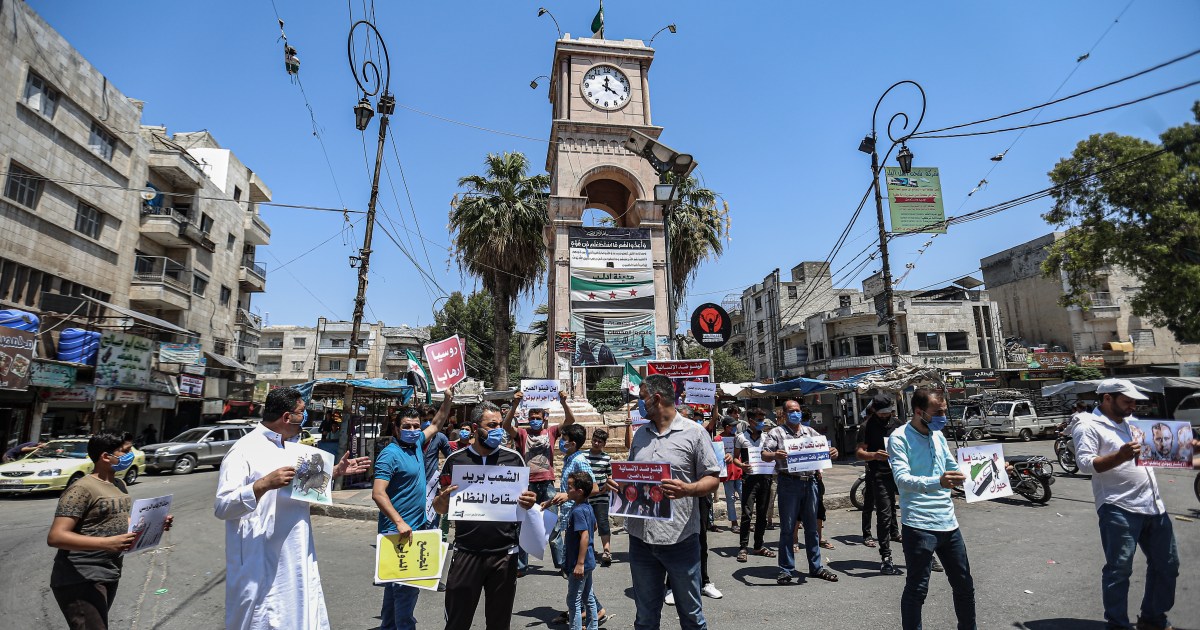The term of the United Nations mission to deliver aid across the border in Syria has ended without the deeply divided International Security Council being able to extend this vital mechanism to secure humanitarian assistance for millions of people in this country.
The suspension of the mechanism comes after the failure to extend it in the Security Council meetings, as Russia twice failed to pass a draft resolution submitted by it that allows aid to enter through only one port on the border with Turkey, and extends the mechanism for a year.
Russia submitted the project in exchange for another draft resolution submitted by Germany and Belgium, which allows aid to enter through two border ports with Turkey, which was faced by both China and Russia with veto twice, too.
The Security Council first authorized the entry of aid into Syria across the border 6 years ago, which also included access to aid from Jordan and Iraq, and those crossings were cut in January due to Russian and Chinese opposition.
Fears
For his part, Mark Cates, Deputy Regional Coordinator for Humanitarian Affairs of the United Nations for Syrian Affairs, expressed his hope to continue sending aid from the Bab Al Salam crossing and Bab Al Hawa crossing, as they are vital crossing points for millions of trapped in Syria.
In a statement to Al Jazeera, Katz called on the members of the Security Council to ensure the continued dispatch of humanitarian aid to nearly 6 million displaced Syrians.
With the end of the United Nations mandate to bring aid to the Syrian areas across the border without the need to coordinate with the Syrian regime, the United Nations has intensified in recent days the introduction of humanitarian aid to northwestern Syria.
A delegation from the United Nations supervised the entry of the last convoy yesterday from the Bab Al-Salama crossing on the Turkish-Syrian border.
On Friday, the Council voted on a draft resolution submitted by Russia to obtain approval to enter humanitarian aid from one Turkish crossing for one year, but it was not approved after it received the support of only 4 members.
Diplomats said that the work will continue in the hope of reaching a compromise among members of the Council.
The council has voted 4 times so far on the issue, but none have succeeded, and Russia and China have used their veto power on two occasions in the past few days.
In recent days, several non-governmental organizations warned against stopping cross-border aid, and considered that this would constitute a "severe blow to the millions of Syrian families that depend on them to provide them with drinking water, food, treatment and housing."

